A Level English Literature
Key Stage 5 curriculum overview for A Level English Literature
Curriculum intent – the knowledge, understanding and skills that students will learn
The English Literature A Level qualification builds on the knowledge, understanding and skills established at GCSE, introducing students to the discipline of advanced literary studies and requires reading of all the major literary genres of poetry, prose and drama. The study of A Level English Literature extends this knowledge in breadth and depth, further developing students’ ability to analyse, evaluate and make connections between texts. Students are required to study a minimum of eight texts, including at least two examples of each of the genres of prose, poetry and drama across the course as a whole. The course will require students to develop judgement and independence as they synthesise and reflect upon their knowledge and understanding of a range of literary texts and ways of reading them. It will require students to show knowledge and understanding of:
• The ways in which writers shape meanings in texts
• The ways in which texts are interpreted by different readers, including over time
• The ways in which texts relate to one another and to literary traditions, movements and genres
• The significance of cultural and contextual influences on readers and writers
Curriculum implementation – teaching, learning and assessment strategies
Students are expected to complete independent wider reading on a variety of texts ranging from extracts, novels, novellas, critical interpretation, drama and poetry. In-class teaching is sequenced to ensure that students begin with the foundational knowledge of the A Level course and what is required. This leads onto studying Component 1, Component 2 and, later, Component 3, simultaneously with a key focus on the conventions of genre and contextual understanding of the various texts. In-class teaching requires a high level of verbal participation through discussions. Students also have the opportunity to debate ideas from various perspectives, not just their own perspective and to consider other points of view in relation to the texts. Students take regular written assessments in timed conditions and are set homework tasks which are focused on their extended writing. A Level English Literature also includes a non-examination (coursework) assessment. Towards the end of Year 12, students begin working on their coursework assessment using the skills they have obtained since the beginning of the course, such as understanding the way writers shape texts, the significance of cultural and contextual influences and how texts can be interpreted by different readers. They are encouraged to do their own research and scrutinise their work in detail. Students often have the opportunity to attend a school trip and watch a play that they are studying or is relevant to what they are studying.
Curriculum impact – intended outcomes for students
This qualification will enable students to:
• Explore and understand a wide range of texts
• Develop the valuable transferable skills of sustained research and composition
• Have freedom of choice with regard to texts for study in the non exam (coursework) assessment component
• Be inspired, motivated and challenged by reading widely across a range of texts and developing their independent study skills
• Cultivate their own critical responses and engage with the richness of literature
Course overview for A Level English Literature
Exam board: A-Level English Literature Edexcel Specification
Coursework: Yes – 20% of the qualification
Component 1 – Drama (30% of the qualification)
Section A - Shakespeare
Section B – Post-1900 Drama
Component 2 – Prose (20% of the qualification)
One comparative essay question from a choice of two on the chosen theme: ‘Science and Society’
Component 3 – Poetry (30% of the qualification)
Section A – Post-2000 Specified poetry and post-2000 Unseen Poetry
Section B – Specified poetry pre-1900
Component 4 – Coursework (20% of the qualification)
One extended comparative essay of 2500 – 3000 words which explores contrasts and comparisons between two texts (poetry, prose, drama or literary non-fiction), informed by different interpretations and an understanding of contexts.
